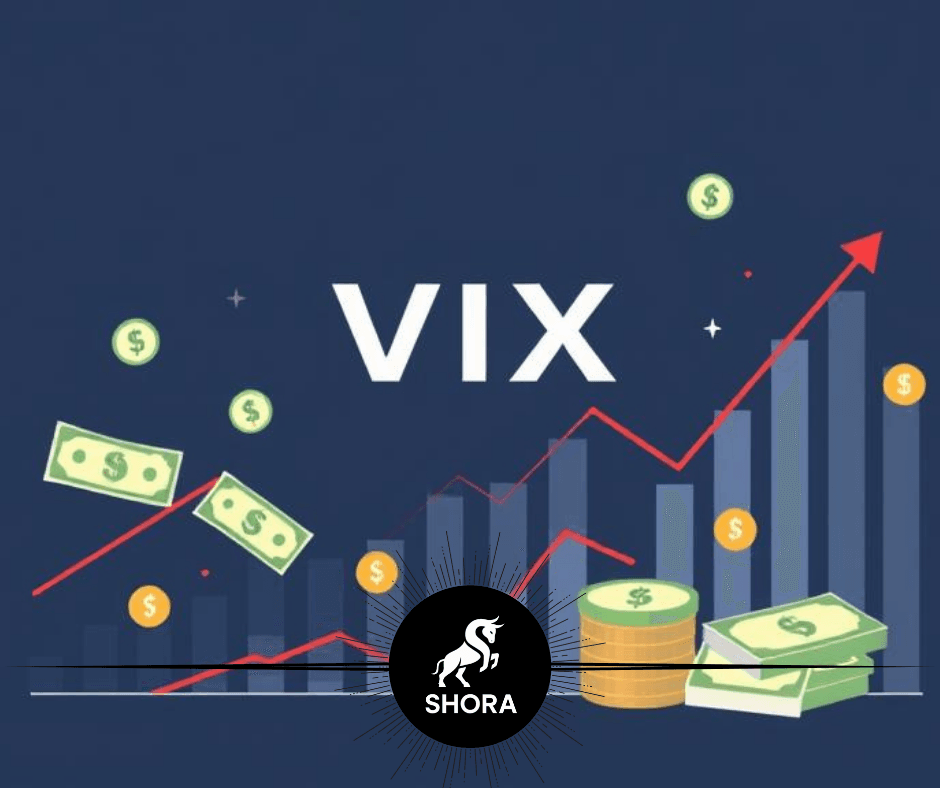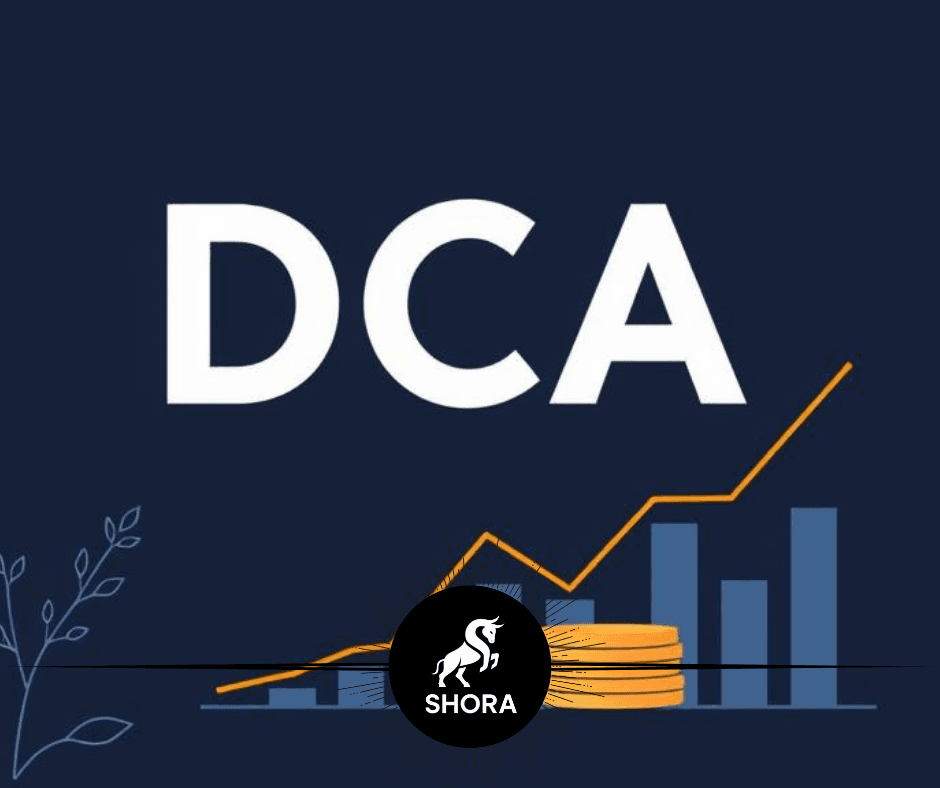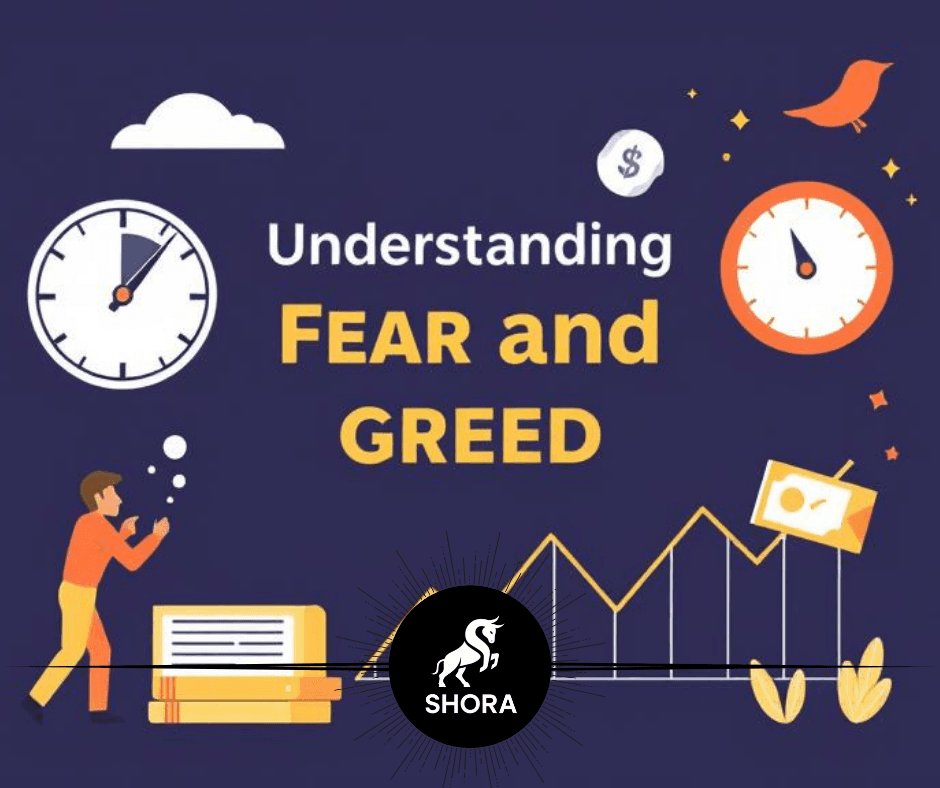The Impact of Interest Rates on Your Investments
The Impact of Interest Rates on Your Investments
Interest rates are a fundamental concept in finance, influencing everything from the cost of borrowing to the returns on your investments. Central banks, like the Federal Reserve in the U.S. FED, use interest rates as a key tool to manage economic growth and inflation. Understanding how these rates affect different asset classes is crucial for any investor, whether beginner or experienced.
Stocks and Interest Rates
Generally, there"s an inverse relationship between interest rates and stock prices. When interest rates rise, borrowing becomes more expensive for companies, which can reduce their profitability and slow down expansion plans. This often leads to lower stock valuations. Conversely, lower interest rates make borrowing cheaper, encouraging business growth and potentially boosting stock prices. For example, technology companies, which often rely on borrowing for innovation and growth, can be particularly sensitive to interest rate changes. Consider how a rate hike might affect a growth stock like TSLA or NVDA.
Bonds and Interest Rates
Bonds have a more direct and inverse relationship with interest rates. When interest rates rise, newly issued bonds offer higher yields, making existing bonds with lower yields less attractive. This causes the prices of older bonds to fall to compensate for their lower returns. For instance, if you hold a bond paying 2% and new bonds are issued at 4%, your 2% bond"s market value will decrease. This is why bond investors often monitor interest rate forecasts closely. Popular bond ETFs like AGG or BND are good examples to observe this dynamic.
Real Estate and Interest Rates
Interest rates significantly impact the real estate market, primarily through mortgage rates. When interest rates rise, mortgage payments become more expensive, reducing affordability for potential homebuyers and dampening demand. This can lead to a slowdown in home sales and a decrease in property values. Conversely, lower interest rates make mortgages more affordable, stimulating demand and often leading to an increase in real estate prices. This affects not only individual homeowners but also real estate investment trusts REITs that hold portfolios of income-generating properties. A rise in rates can impact the profitability of a REIT like VNQ.
Conclusion
Interest rates are a powerful force in the financial markets. While rising rates can present challenges for certain investments, they also create opportunities, such as higher returns on savings accounts and newly issued bonds. A well-diversified portfolio that considers the potential impact of interest rate fluctuations across different asset classes is key to navigating these changes successfully. Staying informed about central bank policies and economic indicators will help you make more informed investment decisions.


